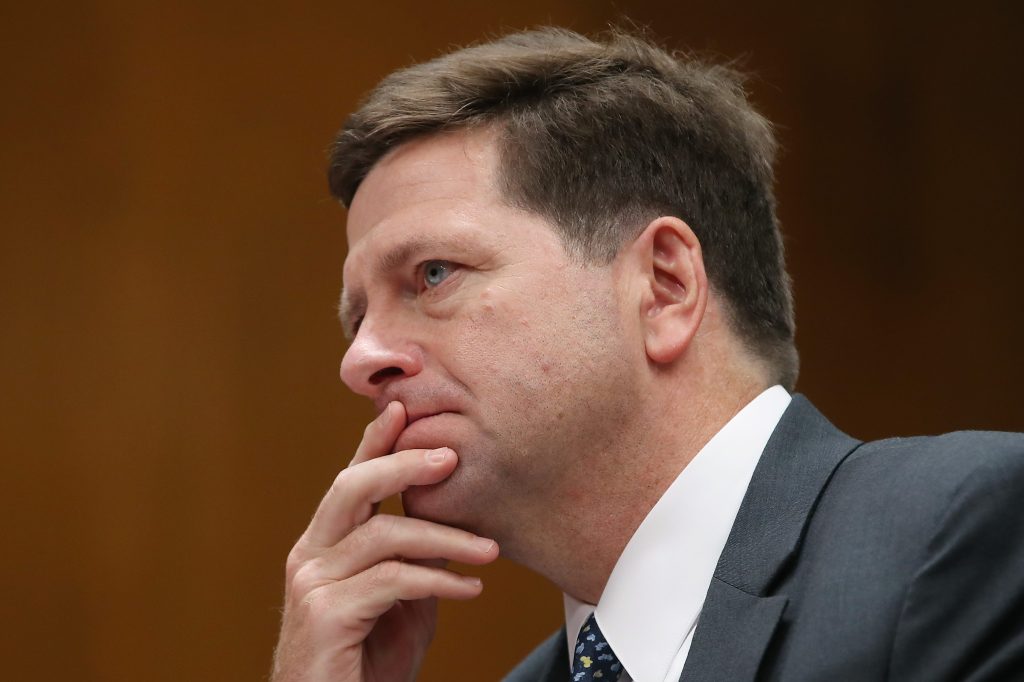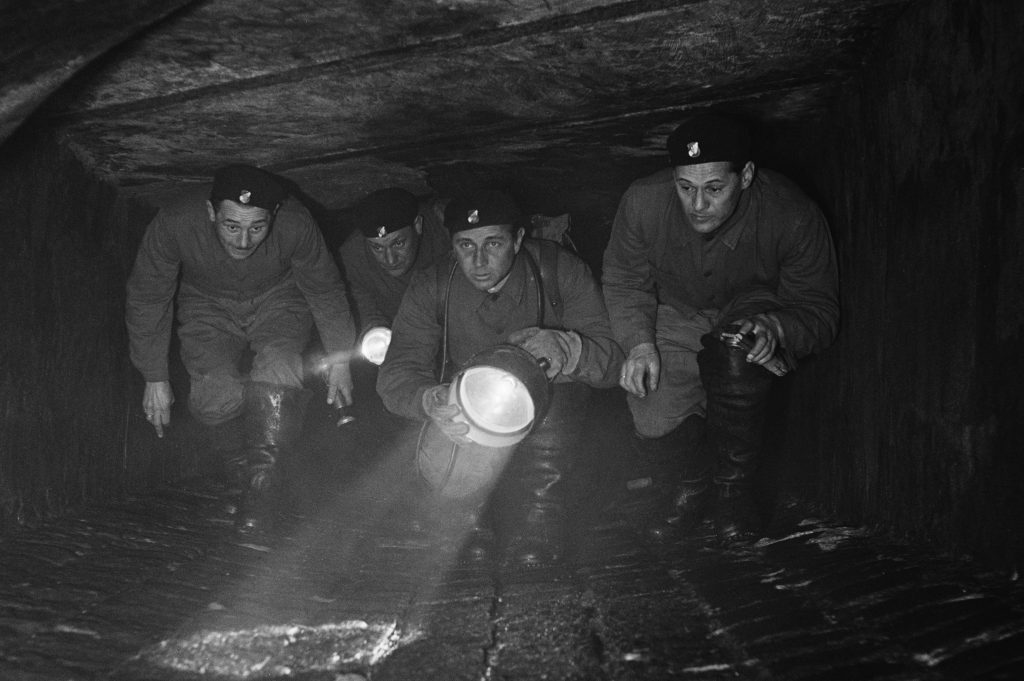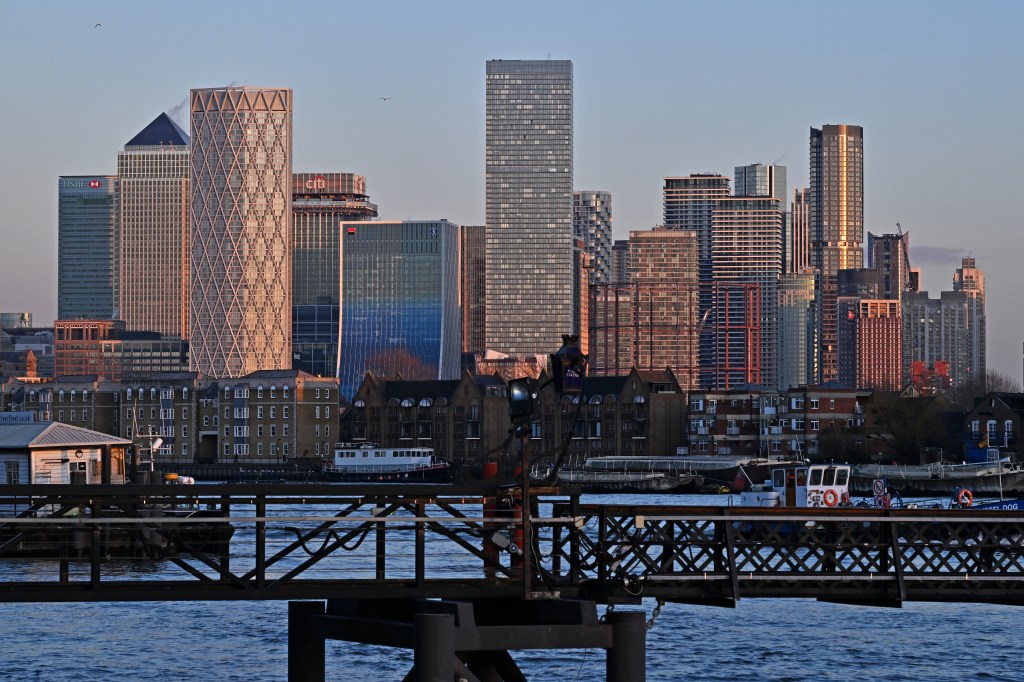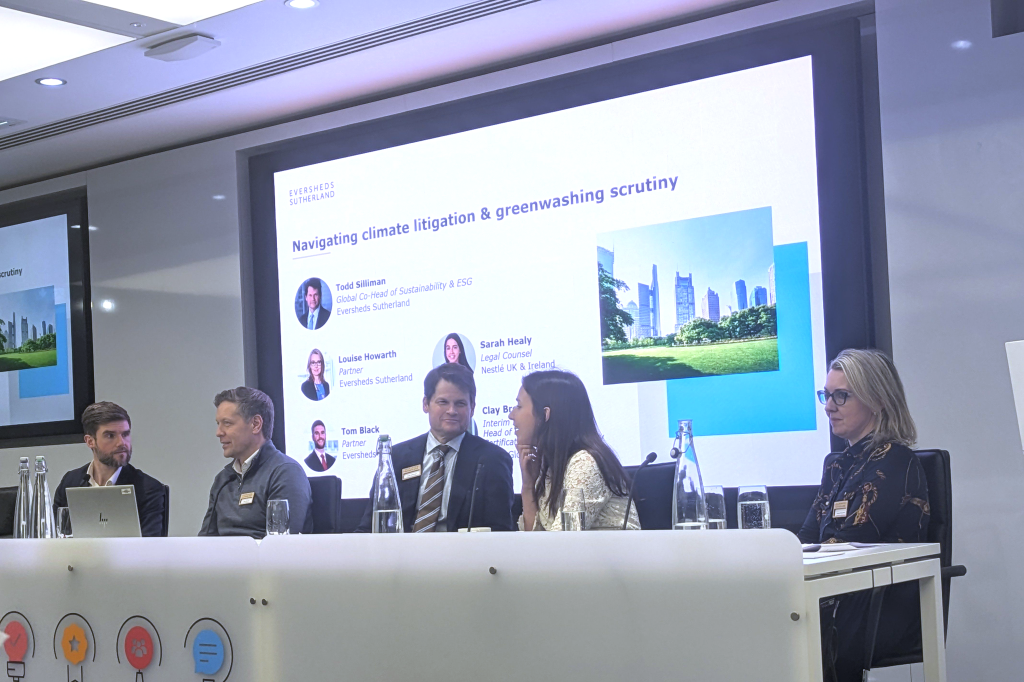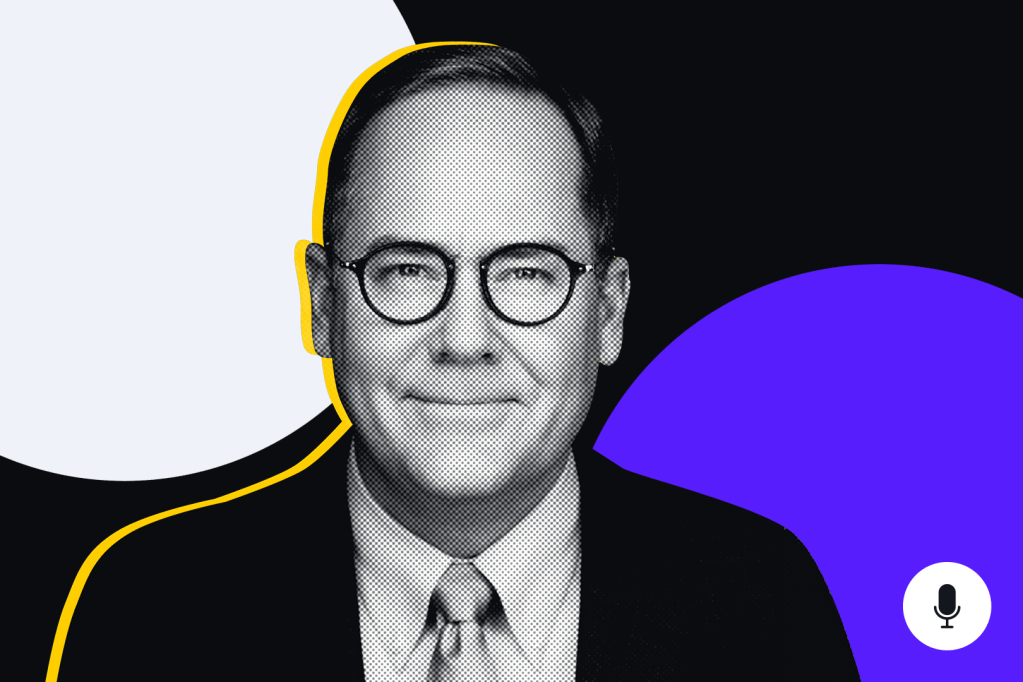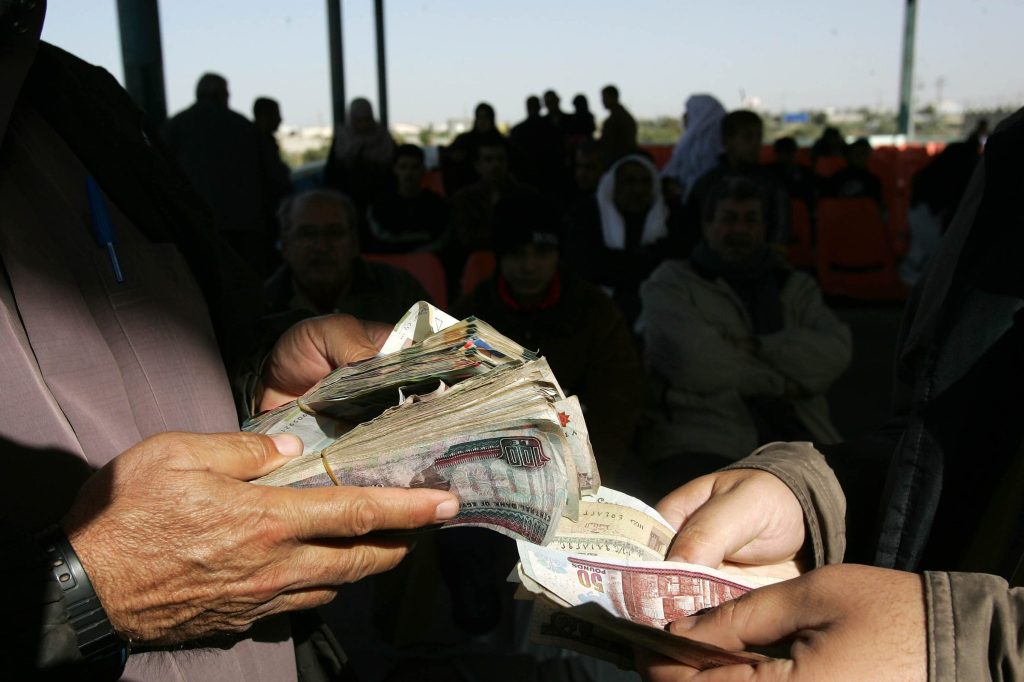A businessman seeking to dismiss his Foreign Corrupt Practices Act (FCPA) case has argued that payments made to Honduran officials were gratuities, and that the bribery charges against him conflict with Trump Administration’s new approach to FCPA enforcement.
Carl Zaglin faces trial in September in a Miami federal court on
Register for free to keep reading
To continue reading this article and unlock full access to GRIP, register now. You’ll enjoy free access to all content until our subscription service launches in early 2026.
- Unlimited access to industry insights
- Stay on top of key rules and regulatory changes with our Rules Navigator
- Ad-free experience with no distractions
- Regular podcasts from trusted external experts
- Fresh compliance and regulatory content every day

